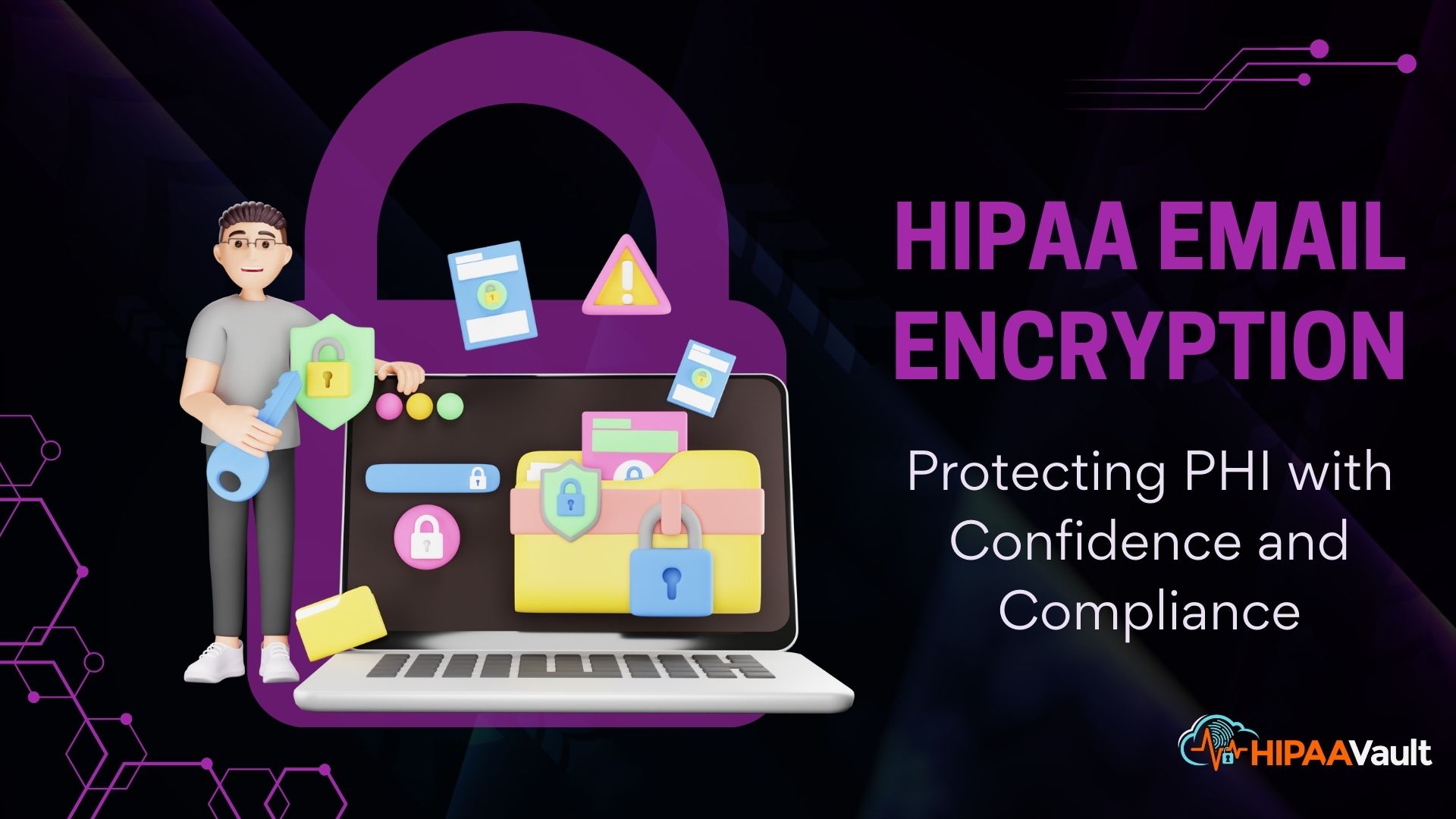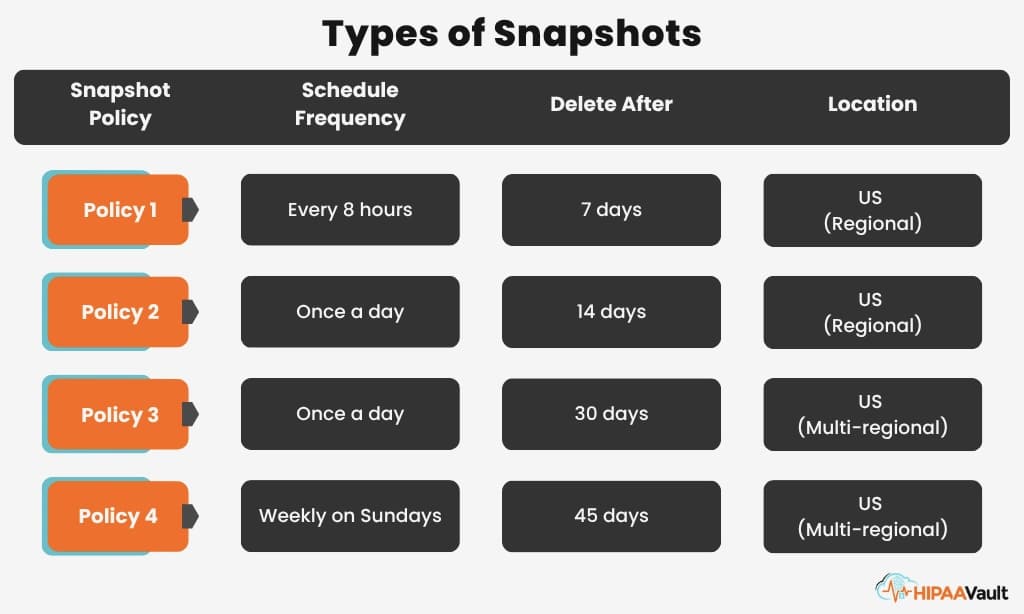Why HIPAA Email Encryption Matters More Than Ever
Email is still one of the most widely used forms of communication in healthcare. It’s fast, familiar, and convenient — but it’s also a major compliance risk.
One unsecured email with PHI (Protected Health Information) can expose your organization to:
- HIPAA violations
- Federal fines
- Lawsuits
- Damaged patient trust
That’s why HIPAA’s Security Rule requires covered entities and business associates to safeguard PHI in transmission — and that starts with encryption.
But not all “email encryption” is HIPAA-compliant. To meet the law (and avoid fines), you need to understand the requirements — and implement the right tools.
Stop Sending PHI Over Unsecured Email
Protect your practice from data leaks. Our email service automatically encrypts sensitive patient information.
Learn MoreWhat Is HIPAA Email Encryption?
HIPAA email encryption refers to protecting the contents of an email (including attachments and metadata) so that only authorized recipients can view or access the message.
When implemented correctly, encryption helps satisfy HIPAA’s requirement to:
- Maintain confidentiality of PHI
- Prevent unauthorized access during transmission
- Log and audit access to sensitive data
HIPAA Email Encryption Requirements
According to the HIPAA Security Rule (45 CFR §164.312), encryption is an addressable standard, meaning:
- You must implement it if reasonable and appropriate
- If not, you must implement an equivalent alternative — and document your decision
In practice, encryption is considered essential. Here’s what that means:
| Requirement | Description |
| Encryption in transit | Use TLS 1.2+ to protect messages as they travel between servers |
| Encryption at rest | Store emails with AES-256 or better encryption |
| Access controls | Only authorized users can access encrypted messages |
| Audit logging | Log who sent, received, and accessed messages |
| Signed BAA | Must have a Business Associate Agreement with your email provider |
Learn more in What Is HIPAA-Compliant Email?
Don’t Risk Using Standard Office 365 for Healthcare
We configure advanced threat protection and archiving to ensure your Microsoft suite meets HIPAA standards.
Learn MoreWhy Standard Email (Even Outlook & Gmail) Isn’t Enough
- Gmail and Outlook may support TLS, but that alone isn’t sufficient
- HIPAA requires not just encryption, but access logging, identity controls, and a BAA
- Without these, you’re still exposed to HIPAA violations
If you’re using Microsoft, read our breakdown of HIPAA Compliance in Outlook 365
How HIPAA Vault Delivers HIPAA-Compliant Email Encryption
HIPAA Vault offers a fully managed, HIPAA-compliant email platform designed for healthcare organizations and their vendors.
✅ What’s Included:
- End-to-end encryption (TLS, S/MIME, AES-256)
- Secure message storage with built-in access controls
- Audit-ready logging for all user actions
- Signed BAA included with every account
- 24/7 support from HIPAA compliance experts
- Seamless integrations with Gmail, Outlook, and mobile apps
“With HIPAA Vault, your email isn’t just encrypted — it’s fully compliant, fully monitored, and fully supported.”
Stop Using Personal Gmail for Patient Data
It’s a violation to use standard Gmail. Upgrade to our managed Workspace solution to ensure data privacy.
Learn MoreCommon Use Cases for HIPAA Email Encryption
1. Office 365 HIPAA Email Encryption
We secure your existing Office 365 environment with gateway encryption, user access controls, and full compliance oversight. See HIPAA Outlook: Is Office 365 Compliant?
2. HIPAA Email Encryption Tools & Software
HIPAA Vault eliminates the guesswork with a ready-to-deploy system that enforces encryption automatically — no toggling or plug-ins needed.
3. Sending PHI to Patients or Vendors
Enable secure message portals, expiration controls, and recipient verification.
4. Internal PHI Sharing
Encrypt every message — internally or externally — with audit logs to prove it.
Final Thoughts: Encrypt with Confidence
Email is a daily part of patient communication, care coordination, and operations. But without encryption, it’s also one of your biggest compliance liabilities.
With HIPAA Vault, you get:
- Fully encrypted, compliant email
- Seamless integrations with the tools you already use
- 24/7 expert support
- Audit-ready logs
- A signed BAA — guaranteed
🔒 Protect your patients. Protect your practice.
👉 Get HIPAA-Compliant Email Encryption Now →








